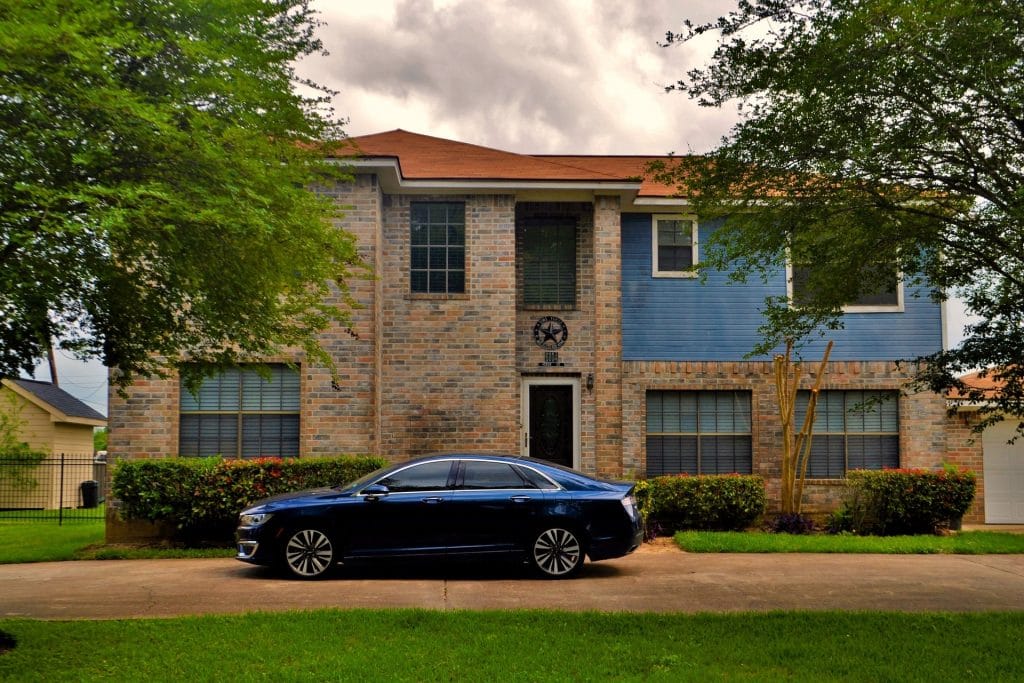
Over the last 40 years, home values have been increasing across the country and depending on what region of the country, or even what neighborhood you live in, it can determine the increase in your home’s value.
Let’s take a look at home values over the past couple of decades. The US Census Bureau has collected data indicating the median home price in 1980 was $147,000 in today’s dollars. Fast forward 20 years and the median home price in 2000 was $178,000, which is an increase of almost 20%. 1,2,3
As the year 2018 rounded out, the median home price increased to $250,000 nationwide. That’s a growth of more than 40% in less than 20 years4 and double the growth of the previous 20-year timeframe.
As for more recent home prices, in May 2019 the US median home price was $315,000.5
Home Price Trends by Region in 20186
- West: $362,400
- South: $240,000
- Northeast: $232,000
- Midwest: $189,400
Home prices vary widely depending on which part of the country you live in. Homes in the Midwest were the least expensive, while those on the west coast sold for the highest prices.
How can increased home values help with retirement?
With home values on the rise, your home’s equity has probably increased as well. Home Equity Conversion Mortgage (HECM), also known as a traditional reverse mortgage loan, may be able to help with retirement by allowing you to access a portion of your home’s equity up to the lending limit of $726,625 (for 2019).
Benefits of a HECM loan
- You can increase your monthly cash flow by eliminating your existing monthly mortgage payment7.
- You can continue to live in your home and maintain the title7.
- The proceeds you receive from the loan are not taxed as income and can be used in any way of your choosing.8
- Your loan is insured by the Federal Housing Administration (FHA).
For borrowers who live in regions with home values above $726,625, a jumbo reverse mortgage may be a better option than a traditional reverse mortgage. A jumbo reverse mortgage allows the borrower to convert up to $4,000,000 (depending on the lender) of the home’s equity into funds that can be used towards retirement.
Benefits of a Jumbo Reverse Mortgage
- You have access to more funds (some lenders allow up to $4,000,000)
- You can receive the full amount of proceeds upfront, immediately after the loan closes.
- You have lower upfront costs with no mortgage insurance premiums.
If you are at least 62 years old and are interested in learning more about reverse mortgage options, call (800) 976-6211 to speak with a licensed reverse mortgage specialist.
Important Disclosures
1 https://www.census.gov/hhes/www/housing/census/historic/values.html
2 http://www.in2013dollars.com/us/inflation/1980?amount=47200
3 http://www.in2013dollars.com/us/inflation/2000?amount=119600
4https://www.nar.realtor/sites/default/files/documents/2018%20HBS%20Highlights.pdf
5 https://www.realtor.com/research/may-2019-data/
6https://nationalmortgageprofessional.com/sites/default/files/NAR_HBS_2018_10_29_18.pdf
7Your current mortgage, if any, must be paid off using the proceeds from your HECM loan. You must still live in the home as your primary residence, continue to pay required property taxes, homeowners insurance, and maintain the home according to FHA requirements. Failure to meet these requirements can trigger a loan default that may result in foreclosure.
8 Generally, money received is not considered income and should be tax-free, though you must continue to pay required property taxes. Consult your financial advisor and appropriate government agencies for any effect on taxes or government benefits.
